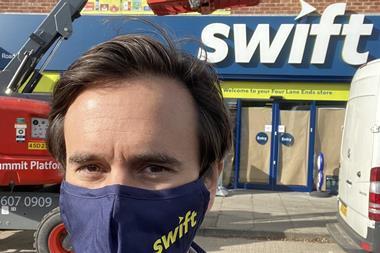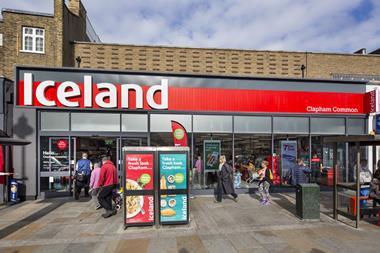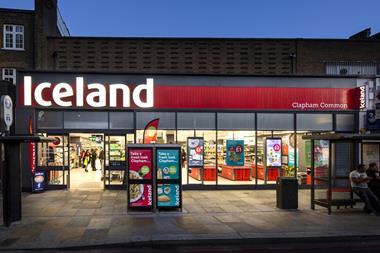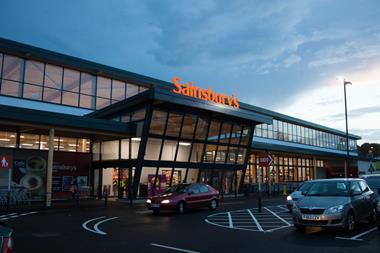Sales at Iceland surged in the six months to September as consumers shopped locally and stocked up on frozen food.
The retailer said sales were up 22% to £1.7bn in the 24 weeks to September 11, as first reported by the Financial Times.
Iceland saw profits in the period jump to £13.4m compared with a loss of £21m in the same period a year ago. The £5.8m costs of Covid-proofing the business were essentially offset by the net benefit of the UK government’s business rates holiday for retailers.
Chief executive Tarsem Dhaliwal said its combination of smaller Iceland stores on local high streets and its rapidly expanding Food Warehouse presence at retail parks “proved in tune with changing customer priorities”.
The retailer has 855 Iceland stores and more than 130 Food Warehouse fascias across the UK.
Iceland has also been able to rapidly expand its online capabilities through its pick-at-store model and can now fulfil 750,000 deliveries a week.
The retailer also launched a partnership with Uber Eats in early September in London. If successful, the frozen-food specialist has said it would be rolled out nationally. As Retail Week reported in October, it is also looking at launching a Swift-branded, same-day delivery service.
Sales in the most recent third-quarter continued to be “exceptionally strong”; however, Iceland cautioned the prospects of a no-deal Brexit could lead to increased prices for consumers after January.
It said a no-deal “poses additional challenges both to the supply of goods from the EU to the UK and to our ability to maintain supplies to our stores in Northern Ireland and the Republic of Ireland from Great Britain”.


























No comments yet